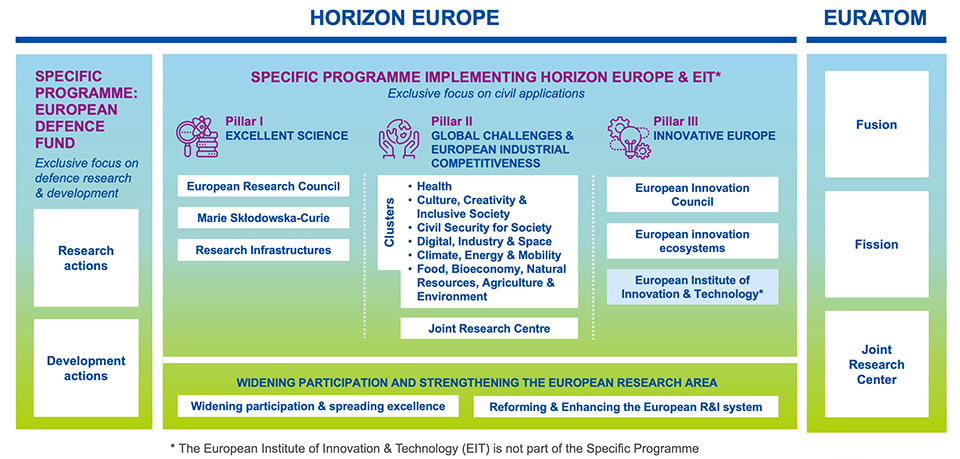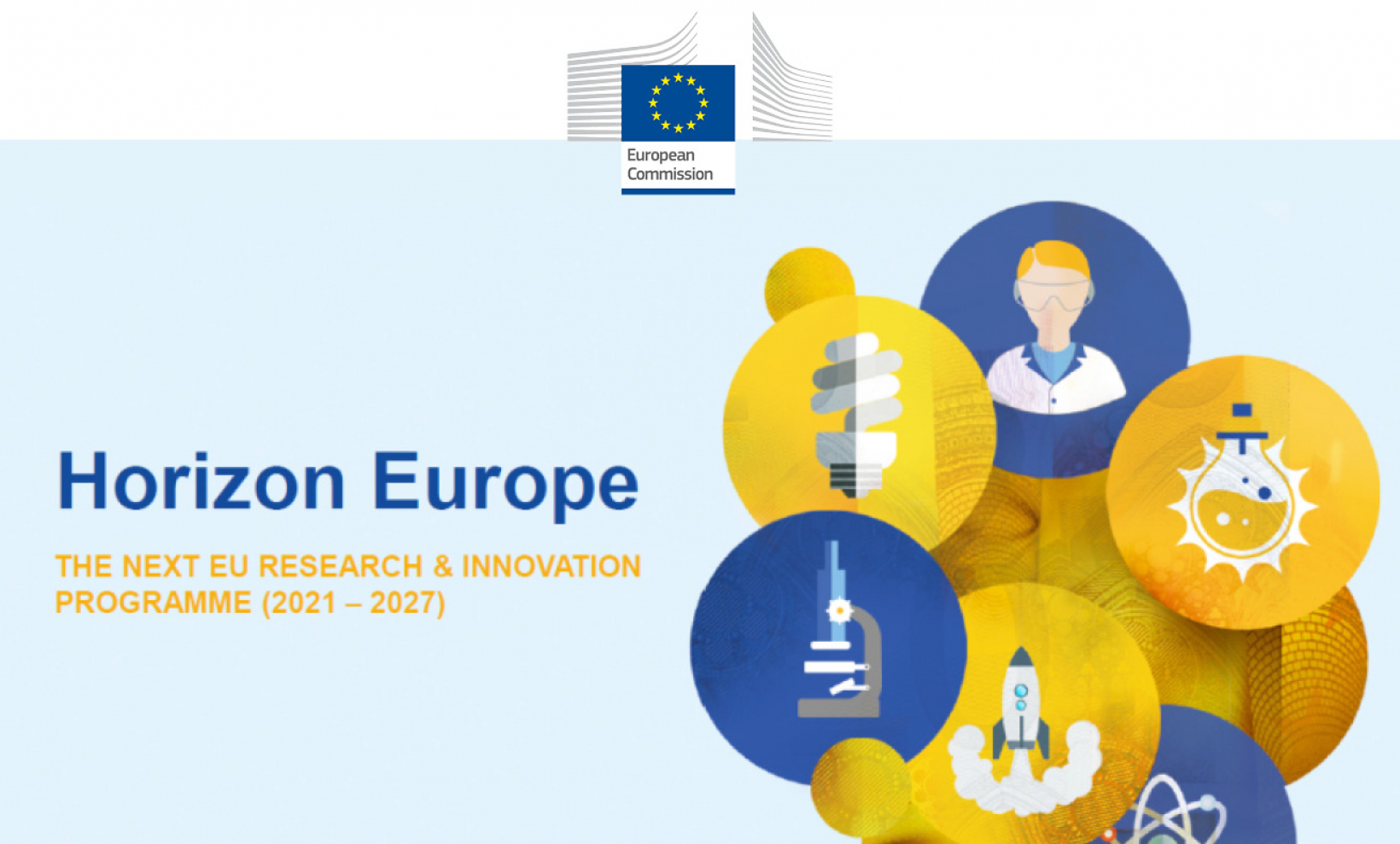What do we know so far?
- Regulation for the overall Horizon Europe programme was agreed by European Council and European Parliament on 11th December, with the EU and UK deal subsequently agreed on 24th.
- The EU is now working with all member states to ratify framework programme and formally adopt the 7-year framework. All budgets need to be agreed.
- The UK is not participating in Erasmus+ and the UK is planning its own student mobility scheme called Turing.
- The UK will be able to participate in schemes from the very start and can also still apply for H2020 schemes i.e. CHANSE Transformations: Social and Cultural Dynamics in the Digital Age with upcoming deadlines.
- We will probably see pre-publishing of workplans in April and May.
- The UK is still eligible to apply to Horizon Europe and to lead in the same way we would be if we were a member state. Usually you need 3-4 member states in a consortia but as an associated country we don’t think we count towards this requirement – make sure you read the guidance.
- The European Commission has created a provisional online library for documents related to Horizon Europe on its Funding & Tenders Portal. While most of the documents listed in the library are empty for now, they indicate what the Commission is planning in terms of guidance documents (Horizon Europe Programme Guide, etc).
- The next Horizon Europe Implementation Strategy webinar is on the 2nd March at 10am; you can register here. The event covers proposal submission and evaluation.
- There is a COST online info day on 23rd February; register here. European Cooperation in Science and Technology (COST) funds pan-European, bottom-up networks of scientists and researchers across all science and technology fields. These networks, called ‘COST Actions’, promote international coordination of nationally-funded research.
European Research Council – confirmed deadlines
The ERC Executive Agency has confirmed the publication dates and deadlines for its 2021 calls for proposals.
- The 2021 Starting Grant call will open on 25 February and close on 8 April.
- The 2021 Consolidator Grant call will open on 11 March and close on 20 April.
- The 2021 Advanced Grant call will open on 20 May and close on 31 August.
The 2021 ERC Work Programme – first one to be adopted under Horizon Europe – is available on the ERC website.
Applicants to the ERC Starting Grant call should note that the Work Programme is still showing the old deadline of 24 March, which has been extended, as explained in the ERC’s announcement.
UKRO, in its role as the UK ERC National Contact Point, will hold two Information and Proposal Writing webinars on Tuesday 16 March from 10am to 12pm (UK time) and on Friday 19 March from 1pm to 3pm (UK time). We will share more info on these when we have it.

EU missions are commitments to solve major societal challenges like fighting cancer, adapting to climate change, protecting our oceans, living in greener cities and ensuring soil health and food. As integral part of the Horizon Europe framework programme beginning in 2021, they are a new way to deliver on these commitments.
Each mission will operate as a portfolio of actions – such as research projects, policy measures or even legislative initiatives – to achieve a measurable goal that could not be achieved through individual actions. The missions will contribute to the goals of the European Green Deal, Europe’s Beating Cancer Plan as well as the Sustainable Development Goals.
- cancer
- adaptation to climate change including societal transformation
- healthy oceans, seas coastal and inland waters
- climate-neutral and smart cities
- soil health and food
What has changed?
Data Management
- Horizon Europe will require a data management plan to be included at the application stage, and it will be a living document, updated over the course of the project.
- Research data sharing at the end of the project will not be mandated yet (as it was for the H2020 open data pilot), but it will be strongly encouraged, and they will want to see evidence of how all outputs (including, e.g., software) will be managed and preserved.
- The Commission will issue guidance on meeting their criteria to a) use a ‘valid repository’ to preserve research data, and b) ensure shared research data is FAIR (Findable, Usable, Interoperable, and Reusable) – they will be issuing guidance on what each indicator is, what ‘achieved’ FAIR data looks like, and how it will be assessed in the proposal.
- It has also now been specified that EU/EC outputs should be licensed for reuse using CC-BY or CC0 licences.
Gender Equality Plans
- The institution will now need to have a Gender Equality Plan to be eligible to participate in Horizon Europe. A self-declaration will be requested from the relevant applicant organisations at the proposal stage.
- There is likely to be a transition/grace period in 2021, with full enforcement of this eligibility criterion expected only for calls for proposals with deadlines in 2022. To support applicants affected by the change from Horizon 2020 (no GEP required) to Horizon Europe, the Commission plans to provide dedicated training to Horizon Europe National Contact Points before the first submissions are expected.
Terminology Changes
- ‘Linked third parties’ will become ‘Affiliated entities’ in Horizon Europe; and
- ‘International partners’ (Article 14a of the Model Grant Agreement) will become ‘Associated partners’ in Horizon Europe.
- the ‘Commission/Agency’ featuring in the Horizon 2020 grant agreements will now be replaced with the ‘Granting Authority’ – a term used more widely in other EU programmes.
For more information on Horizon Europe:
Contact your Research Development Partner.
UKRO.
Latest posts by Alice Caryer (see all)
- Beat the Peer Review blues – avoid common grant application pitfalls with these tips - February 2, 2023
- UK Research Office Visit – A Horizon Europe Overview - March 15, 2022
- Leverhulme Trust Visiting Professorships – Call for Expressions of Interest - May 24, 2021
